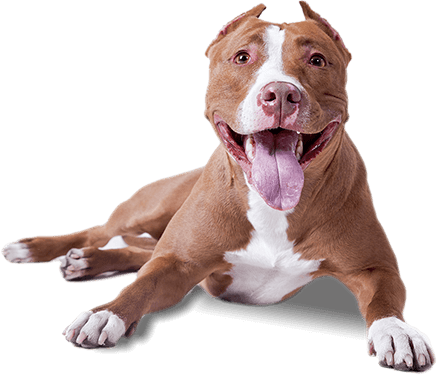Daycare / Boarding
Vacations are the time when we relax ourselves from our busy schedules. Similarly, our...
Read More

Heal Your Paws understands what your pet means to you. That is why all of us here are ardent pet lovers and Heal Your Paws is a Paradise for the dog owners. We offer alternative therapies such Homeopathy, Bach Flower Therapy, Energy/Reiki Healing, Crystal Healing, Nutritional counselling for all physical and psychological concerns for your pets.
For the Owners, the psychologists at Heal Your Paws help in counselling and if needed, we help you to overcome the grief when you lose a pet.
We provide Grooming, Daycare/Boarding services. Our intent is to give a home like experience to your doggo and let you have a carefree vacation.
Read MoreIf humans have emotions, pets have them too. At Heal Your Paws, the motto is to satisfy all psychological and emotional needs of your furry friend. Utmost care and attention is given to every pet by our team , who are highly qualified & experienced in their respective fields.
Vacations are the time when we relax ourselves from our busy schedules. Similarly, our...
Read MoreWe all have psychological issues – humans and dogs alike. Anytime the safety or well-being of...
Read MoreCanine Behaviour training is the art of understanding and training animals. It allows u...
Read MoreWe go above and beyond to ensure that your pets receive the highest quality grooming se...
Read MoreIn the 1920s and 1930s by Dr Edward Bach, a well-known bacteriologist, physician and patholog...
Read MoreHomeopathy is a natural, holistic system for healing that works by eliminating the underlying...
Read MoreI really liked the place and the people. They are really sweet and friendly. They take good care of dogs. My dog was having fun and I would recommend this to my other friends.
We were really happy with the services. Coco was taken good care of. He seemed to enjoy his time there, as seen in the videos sent to us. I would highly recommend this place to my friends and family!
My dog is doing very well. I’m giving him the homeopathic medicines provided by you. I cannot thank you enough.
They were excellent with my pet, felt very comfortable after interacting with their staff members.
They were vigilant and sent me videos of my Dog's activities. It was a very clean & Hygienic environment.
